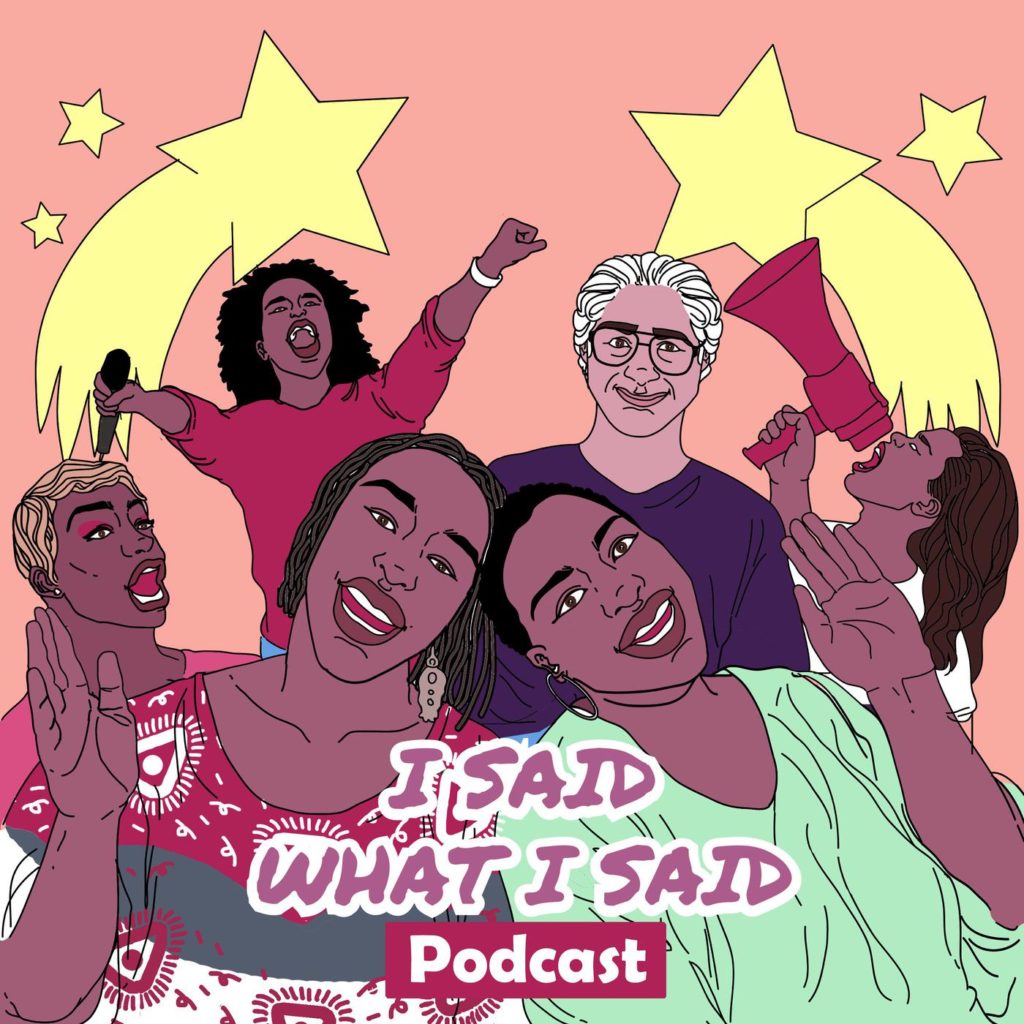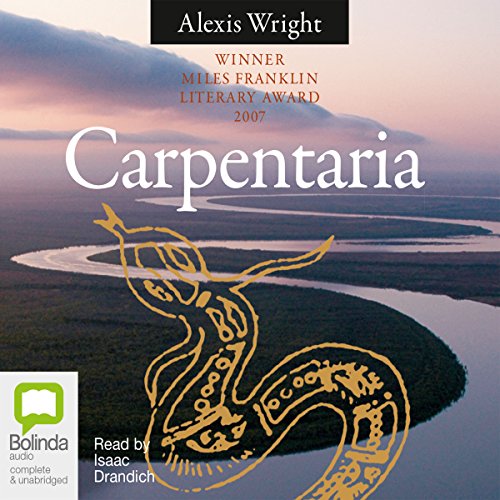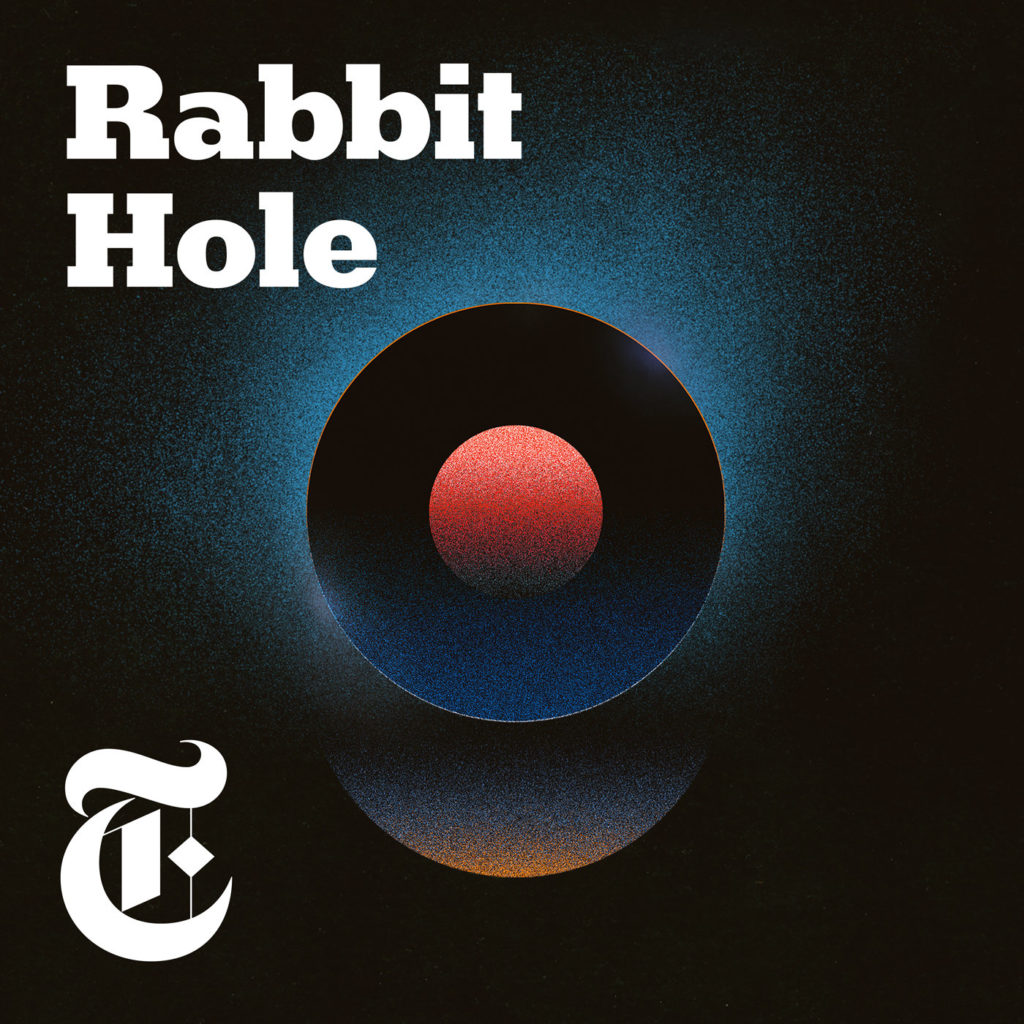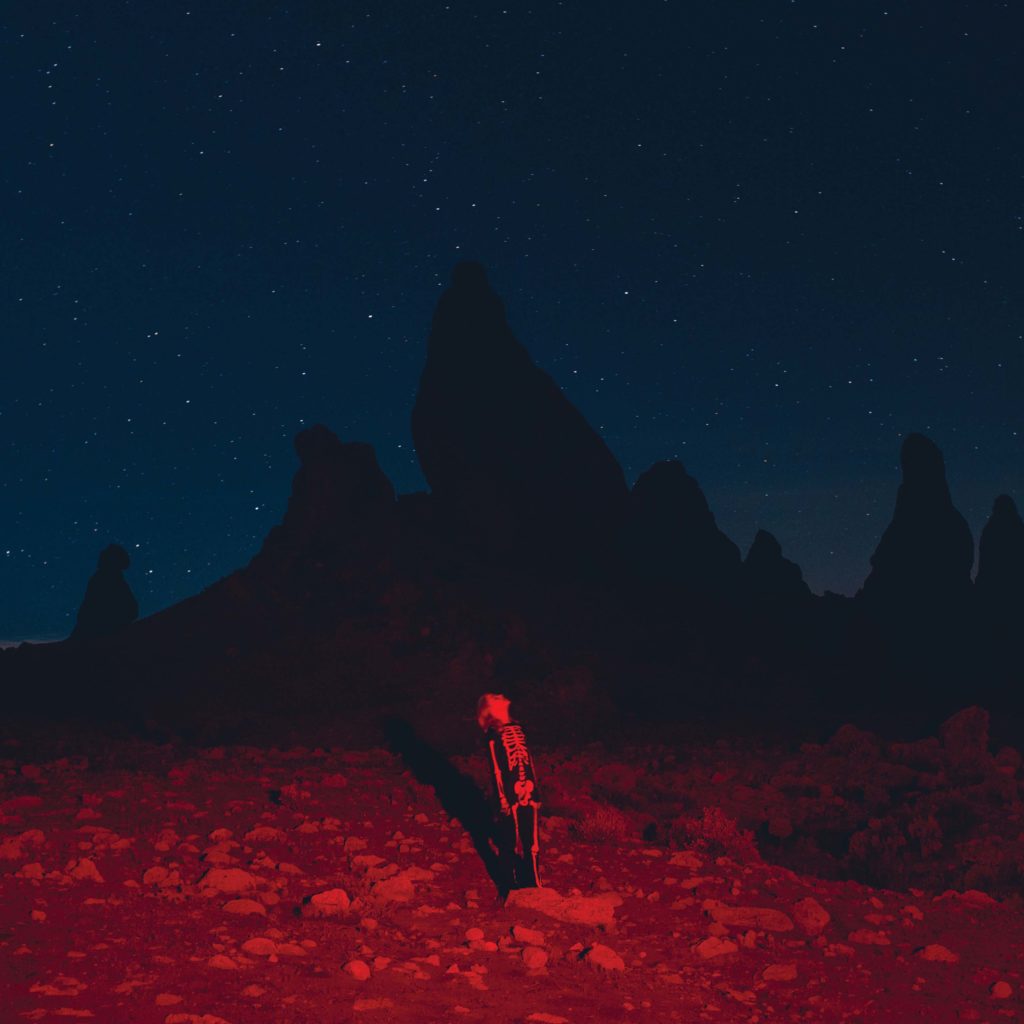I Said What I Said Podcast
Lou Garcia-Dolnik, Membership and Administration Officer

This isolation I’ve made a point of tuning into I Said What I Said podcast. As I mentioned last month, I’m not a podcast buff, so to say that the charismatic and knowledgeable Mukundwa and her co-host with the most, Nyak, have been keeping me afloat and alive these past weeks is vastly understated praise. The duo, who have a fantastic chemistry and incendiary shared humour (I’ve snorted out loud multiple times while listening to their yarns), take fairly well-circulated tenets in millennial popular/positive psychology and hold them to the lens of their complex Black feminism(s), their soulful and nuanced cultural interpretation and in-jokes, which the listener feels privileged to be clued in on. With 80-odd episodes released to date, Mukundwa and Nyak leave no stone unturned. Among those topics explored include compassion and care, intimate and platonic relationships, their boundaries, weight loss and privilege, cults, authenticity and ambition. Mukundwa and Nyak also host a hilarious viewer-question segment at the end of the episode where they answer questions received via Instagram. Most of those questions/answers are too R-rated to reproduce here, but I can’t get enough of their takes on love, inter-generational sex and pleasure (don’t miss Destructive Hookup Styles, Botched Boundaries & Vulnerability Sweats feat. Nunu and Tshepi—the best).
These two sport some fierce lady-balls. An ISWIS episode lasts for about an hour, so this is a great one to take with you on your long walks to fill the existential dread you’re no doubt trying to stave off in isolation. They’re on hiatus for the moment, but if you like the podcast, consider chucking Mukundwa and Nyak some coin via PayPal. It’s well worth it.
Carpentaria by Alexis Wright
Sarah Mott, Project and Communications Officer

There is a small list of books that are better when read to you, and for me, Carpentaria is one of them. Read by theatre director and dramaturg Isaac Drandich, Wright’s masterful sentences wash and swirl over me like the warm waves of the gulf. Wright eschews chronology – it’s hard to follow what came before, after, or even what is happening now, but this makes it easy to dip in and out, I snap on my headphones and let the words direct me. The fictional town of Desperance is set on the author’s Waanyi country, the gulf of Carpentaria. But I listen to the bloated, self-righteous caricatures of the law, the mayor, the well-to-do residents and I see real people I grew up with in my own small town; reinforcing the narrative of a proud, upstanding town with centuries of colonial violence and erasure that we as white citizens decided not to see.
Tara June Winch has declared ‘this novel will change you, as long as you have the guts to read all the way through.’ This novel isn’t written for me, which is a strange thing to think for anyone who has not had to think about it much before, in a world where most books on the best-seller shelves are for ‘neutral’, a.k.a white, audiences. The audiobook is 19 hours long, and since early May I have renewed it 3 times before having to return it again, only 9 hours done. I’m in line again to borrow it, determined to follow Wright’s reality-blending, complex saga of the Pricklebush mob to the end.
Rabbit Hole by The New York Times and Punisher by Phoebe Bridgers
Claire Thompson, Project Officer
After hearing multiple people recommend it, I finally started listening to Rabbit Hole, a podcast by The New York Times. The podcast explores how the internet and its algorithms has dramatically influenced the way society thinks. YouTube’s algorithm works to recommend users content based on their watch time, i.e. you watch a cat video, you’re going to see more cat videos. You watch a white supremacist video, you’ll see more. Rabbit Hole reminds us how difficult it can be to distinguish between what is our unique-individually-formed opinion, and what is an opinion we adopted because we read it on the internet. The podcast sheds light on how our own ideas are reinforced to us through the many algorithms used on social media platforms. At their best, these algorithms improve user experience, but at their worst, they reinforce harmful ideas, and have often been identified as a contributing factor to people committing terrorist acts.
It raises the oft-debated question, do social media platforms have a responsibility to society to remove potentially harmful content? I don’t agree with the concept that we are the media we consume, because this negates the fact that we have agency and can critically analyse ideas — we don’t have to blindly accept everything we see, hear or read. However, it does feel almost irresponsible for the social media giants to ignore how they are making it possible for false information to be spread to impressionable people. Increasingly they are being held accountable, with Twitter recently introducing the fact-checking tag to Tweets which spread false, potentially harmful, information (like many of Trumps’ tweets). But there is a long way to go, and Rabbit Hole warns listeners of the consequences of this negligence.
On another note, I’m the kind of person who needs music to be playing in the background while I work, I can’t just listen to the quiet. And the music that has been accompanying my work lately is the second album from American singer-songwriter, Phoebe Bridgers, Punisher. Bridgers has such a unique sound: sad, honest, real. Particular stand-outs for me on the album are Punisher, Moon Song and ICU. Her soft vocals are soothing, and like all good music, her lyrics make you feel less alone.
Conversations with Friends
Ashley Kalagian Blunt, Senior Program Officer
I’ve been listening to Conversations with Friends, a podcast within a podcast featuring writerly conversations between writerly friends created by The First Time Podcast superstars, Kate Mildenhall and Katherine Collette (the original conversing friends). It’s delightful to hear friends reflect on their writing journeys together, and each episode is full of wonderful advice and suggestions. Some of the Friends include NSW author Lauren Chater, Writing NSW tutor Wai Chim, and many more authors from across Australia.
Brave Wilderness with Coyote Peterson
David Henley, Business and Property Manager

My three-year-old dominates my cultural intake at the moment, but I have steered his love of animals to an obsession with YouTube nature videos. He tells me what animal he wants to see and we search for it. He has latched onto a channel called ‘Brave Wilderness’ with an enthusiastic American presenter called Coyote Peterson.
This week he has been watching a video about catching sea turtles off the coast of Australia and then insists on reenacting the scene with me. The sofa becomes the boat, he leaps off and grabs me, then hauls me up to be measured before he tips me back into the ocean. Each time he watches the video his reenactments get more detailed and this morning he introduced tagging me with his plastic scissors. I’m glad he’s learning but he said my belly was 30 miles wide this morning which is a cruel exaggeration.
*
More from Writing NSW
Check out our full range of in-person writing courses in Sydney, our online writing courses and our feedback programs to see how we can help you on your writing journey. Find out about our grants and prizes, as well as writing groups across NSW, and sign up to our weekly newsletter for writing events, opportunities and giveaways.


